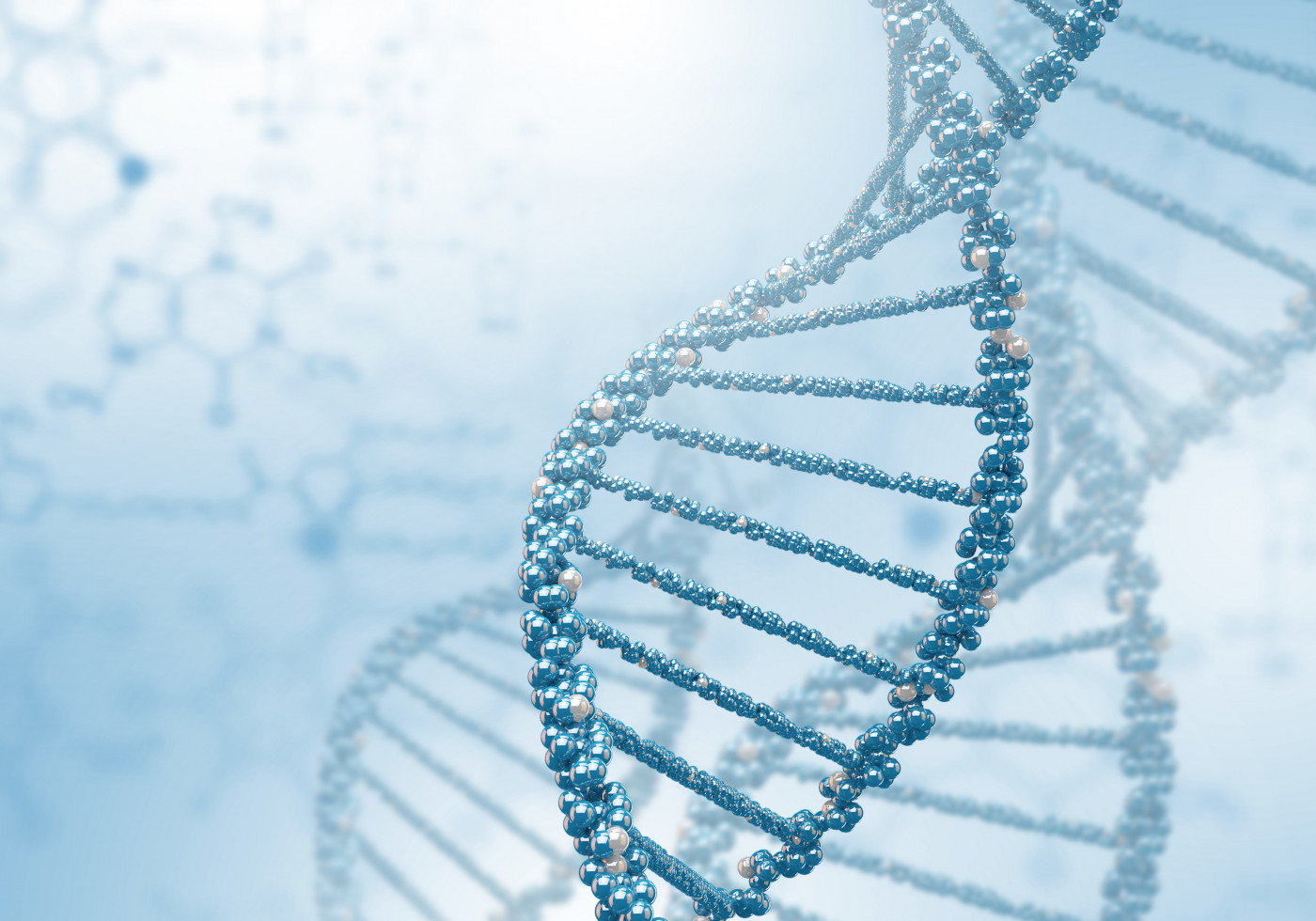Study Reports Correlation Between Genetic Abnormality and Psychiatric Diagnoses in Prader‐Willi Syndrome Patients

Adult patients with Prader‐Willi syndrome (PWS) show higher rates of psychiatric diagnoses that seem to be dependent on the type of genetic abnormality the patient has, a new study reports. The findings may help in the development of individualized therapeutic interventions.
The study, “Prader‐Willi syndrome genetic subtypes and clinical neuropsychiatric diagnoses in residential care adults,” was published in the journal Clinical Genetics.
Most patients with PWS suffer from psychiatric abnormalities, with 89 percent having a specific psychiatric diagnosis.
Several genetic abnormalities associated with PWS have been identified, including deletions of parts of chromosome 15, that encompass a number of genes. Studies, however, have failed to establish a correlation between several factors, including body mass index, hormonal profiles, and genetic abnormalities, and the number of psychiatric diagnoses in PWS patients.
Using recent advances in genetic testing, researchers now focused on detailed identification of genetic defects underlying PWS and investigated possible correlations between these abnormalities and specific psychiatric diagnoses.
The study involved 72 adult patients from the Prader‐Willi Homes of Oconomowoc (PWHO), located in the U.S. state of Wisconsin. All patients were tested using state-of-the-art genetic tests in order to establish the genetic basis of their disease.
Patients were also subjected to neuropsychiatric analyses using criteria well established by clinicians and researchers in the field, namely the Diagnostic and Statistical Manual of Mental Disorders (DSM-IV-TR).
Following the genetic tests, two female patients were excluded because they did not have any of the known genetic defects associated with the disease, despite displaying PWS features.
Of the remaining 70 patients, 36 (51 percent) had deletions in chromosome 15; 29 (42 percent) had a genetic abnormality known as maternal uniparental disomy (mUPD15), in which a person inherits two chromosome 15s from their mother and none from their father; and five patients (7 percent) had genetic defects known as imprinting defects, in which genetic mutations cause the paternal chromosome 15’s genetic material to be inactive.
The psychiatric analysis showed that 38 percent of the patients had anxiety disorders, 33 percent had excoriation (skin picking), and 23 percent had psychotic features.
There were no significant differences between patients with mUPD15 and chromosome 15 deletion in terms of psychiatric diagnoses. However, patients with Type I deletions (deletions of a longer part of chromosome 15) had more psychiatric diagnoses than those with Type II deletions (which are shorter deletions).
Overall, the researchers concluded that “the results of our novel detailed neuropsychiatric diagnostic and genetic study in adults with PWS in residential care further support the observations of psychiatric features with compulsions and skin picking as common findings.”
Regarding the wider implications of these findings, the team believes that a proper psychiatric and behavioral analysis of PWS patients in combination with the identification of genetic subtypes, “may aid research linking biological correlates which may lead to individualized therapeutic interventions.”






